
A business network is a long-term investment and unarguably the most crucial component of any business. So, you should look for the best network equipment for business to ensure higher efficiency. Trust me! It’s a wise investment.
Setting up a seamless network in 2024 is more than just hunting for quality network equipment. In this blog, we’ll guide you through network hardware, network types, configuration, setup costs, and everything you should know about network equipment setup for business.
Understand The Network Types
Every business is unique in its operations, scale, and nature. So, knowing your business requirements based on your routine operations will make the network setup process easier for you. We’ve explained different network types in the following to help you better understand which suits your business the best.
Wireless Network
A wireless network by its name suggests cordless convenience which allows users to stay connected to a network while using mobile devices like smartphones, tablets, and laptops. Business facilities use wireless network equipment like wireless routers and wireless access points to build such a network.
Wired Network
Businesses that require a steady connection and high data transfer speed prefer wired networks where every single device is connected to a server or switch through an Ethernet connection. In a wired network, separate connections are required for all the devices within a network, so there’s a single Ethernet cable for each device.
Hybrid Network
A Hybrid network is a mix of both wireless and wired networks. In most cases, hybrid networks are preferred cause they ensure a fast and steady connection through a wired network while simultaneously allowing you to move freely while using your mobile devices around the facility within the wifi network range. A hybrid network uses both wireless network hardware and wired network equipment to ensure a seamless data transfer.
Get The Best Network Equipment for Business
A network is built with connected devices performing their programmed functions, creating an ecosystem where data flows. These network devices determine your network’s speed, security, and reliability. That’s why Investing in the best network equipment hardware for business is crucial for success. Routers, WLAN controllers, Wireless Access Points, Switches, and Transceivers are some of the most commonly used network devices.
The network setup guide for small businesses differs from the network setup for large companies. So, we’ve categorized the devices suitable for small businesses from the ones required for large organizations.
Small Business Network Equipment
Small businesses mostly extend within a building, and the Local Area Network (LAN) is the most suitable type of network for a small-scale business. This is the network setup guide for small businesses. Following are some key LAN components.
Network Routers
The router ensures a seamless flow of data among several devices through unique IPs that it creates for each network device.
Routers can be wireless and wired, but the purpose is the same. There are several types of routers based on the particular functions they perform.
Read More: Different Types Of Routers And Their Features In Networking to choose the best option for you.
Switches
Switch’s primary function is to connect several devices within a network. You may need multiple switches in your network, so you’re always advised to study your floor plan and the number of devices you want to connect in order to get suitable switches for your business.
Data Servers
Data servers are the primary data storage hubs that store resources needed to be used by all the users in a network.
Pro Tip: Always buy an expandable data server cause data piling never stops.
Power Supplies
Network devices require a steady power source, while alternative currents constantly fluctuate. Power Supplies are the superheroes that save your network devices from getting any damage by regulating the voltage. The watts number on Power Supply must comply with the network device for smooth operation.
Networking Equipment For Large Businesses
Large business network equipment includes all the devices from the small business equipment network with larger capacity, along with some additional devices. Large-scale organizations are not bound to a single building, so they maintain their connection amongst themselves through a wide area network (WAN). Wireless access points and WLAN controllers are additional networking equipment for large businesses.
Wireless Access Points
Wireless access points are devices used to extend wifi signals in order to cater to more mobile devices. These devices are helpful in large facilities, especially for the outdoors.
WLAN Controllers
In a wireless local-area network, there are several WAPs (wireless access points). So, WLAN controllers are the devices that manage various WAPs. WLAN Controllers are connected to main routers and connect devices across the facilities of large-scale businesses through the WAPs.
Setup and Configuration
Network configurations are part of the network setup process, where all the network components are connected with the devices so they can communicate. In the case of a hybrid network, the wired network is the priority, and the wireless network should be configured later. By following this method, you won’t face many configuration errors.
Firewall; Secure Your Network
Nowadays, data is an asset to any organization, and there has been a hike in hacking attempts in recent years. That’s why there’s a need for an extra layer of security in the form of firewalls.
Firewalls keep a network secure 24/7, monitor suspicious activities, block malware, and notify network administrators about anything fishy. Simply put, it works like a combination of a guard dog and a detective simultaneously.
Network Setup Cost Management
Network hardware undoubtedly doesn’t come cheap with smart planning costs that can be managed effectively. Understanding network topology, building your network diagram, and positioning your devices in the right place in a network will save you dollars.
Quick Tips
- Choose a trusted supplier like Top Paragon Resource to get genuine hardware.
- Invest in brand-new products and avoid refurbished devices.
- Network Maintenance is crucial for the longevity of your network.
- Make sure that your network is expandable for future requirements.
- Plan and create a network diagram before you purchase network equipment.
- Select reliable manufacturers like: CISCO, Huawei, Aruba, Juniper, and Fortinet; their devices are easy to configure and serve longer.
Summing Up
Network equipment setup for business is something you should be very careful about. Any negligence at any point can cost you a lot. Follow this blog for your network setup, and you are all good. Whether you want to buy small business network equipment or planning to expand your old network, Top Paragon Resources is your go-to supplier.
We have a wide variety of network devices, including Routers, Switches, IP phones, Power Supplies, Modules & Cards, CCTV Cameras, Wireless Access Points, WLAN controllers, and Transceivers from the top network equipment manufacturers.
We hope this blog was helpful to you. Keep visiting us for more fruitful networking blogs and articles.












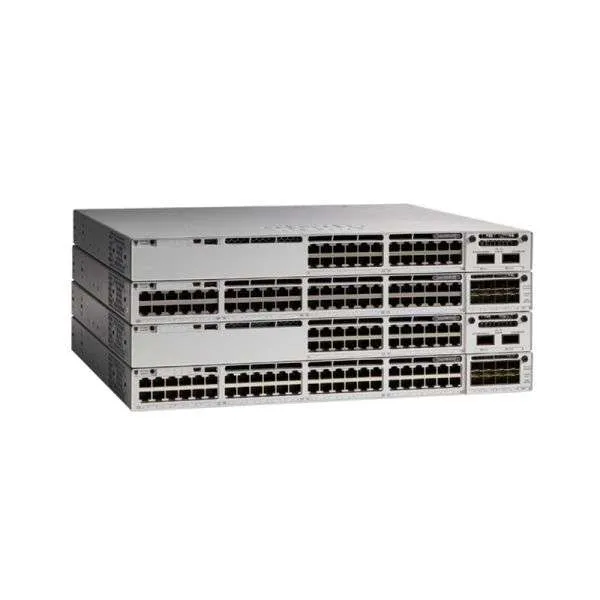
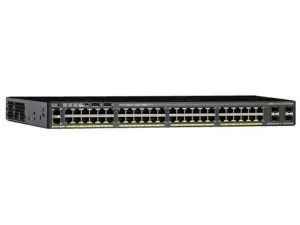
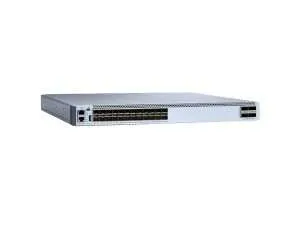
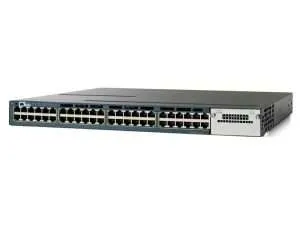
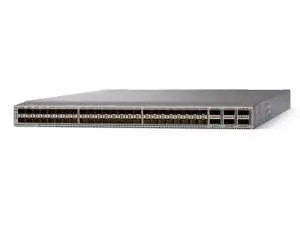
Reviews
There are no reviews yet.